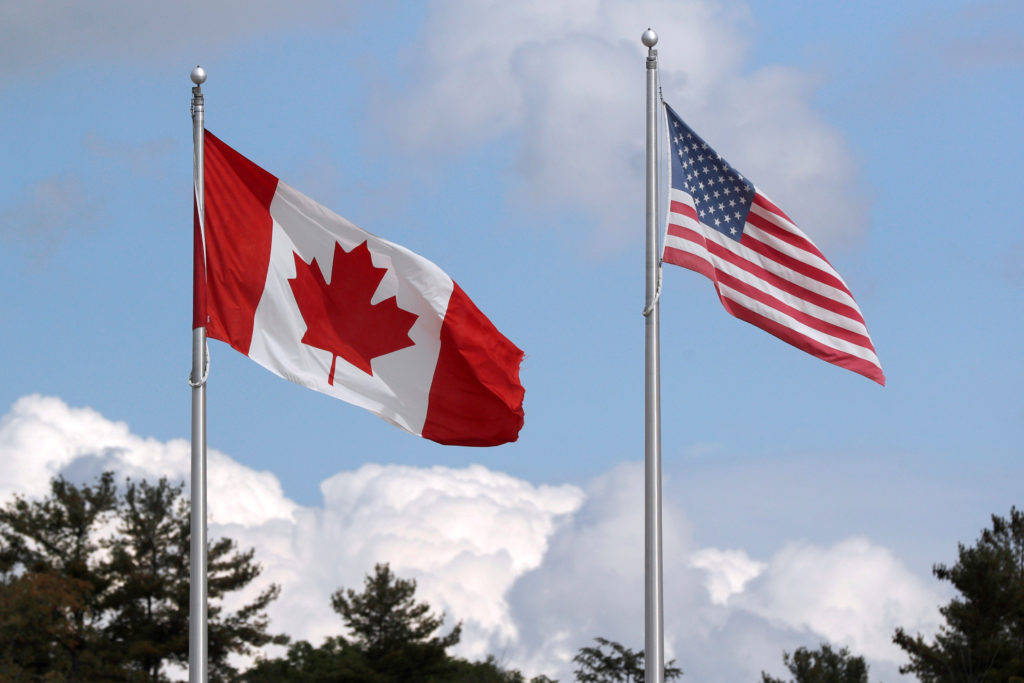TORONTO (AP) — Border restrictions on nonessential travel with the United States will be extended until July 21, officials said Friday, as Canada works to get a higher percentage of Canadians fully vaccinated.
Public Safety Minister Bill Blair said the move has been made in coordination with the U.S. There are growing calls in the U.S. to open the Canada-U.S. border for nonessential travel like tourism, but less than 20 percent of Canadians are fully vaccinated.
“We’re still seeing cases across the country and we want to get them down,” Prime Minister Justin Trudeau said. “At the same time we also know we have to hit our targets of 75 percent vaccinated with the first dose and at least 20 percent vaccinated with the second dose before we can start loosening things up because even a fully vaccinated individual can pass on COVID-19 to someone who is not vaccinated.”
Trudeau said they need to ensure communities to which fully vaccinated travelers return to are not at risk.
“Even though they are protected from hospitalization the people around them might not be,” Trudeau said.
The ban on nonessential travel across the Canada-U.S. border was announced in March 2020 and has been extended every month since.
Even some provinces in Canada remain closed to each other. Ontario and Quebec only this week allowed nonessential travel between the two provinces. And Atlantic Canada will be closed to Canadians from elsewhere well into July.
WATCH: Biden announces 300 million COVID-19 shots given in 150 days
The government expects to have enough vaccine delivered for 80 percent of eligible Canadians to be fully vaccinated by the end of July.
About 70 percent of eligible Canadians have had at least one dose of vaccine and second doses are ramping up this month and next. Canada delayed administering a second dose to get more people a level of protection with the first dose faster and as the country waited for more supply to arrive.
Canada only started getting U.S. manufactured vaccines in May as the U.S. didn’t allow exports until then. Canada had largely been getting vaccines from Europe until then.
Blair noted the government plans to release details on Monday about fully vaccinated Canadians who return to the country. The Trudeau government has said it anticipates fully vaccinated Canadian citizens who test negative for COVID-19 will be exempt from two weeks of quarantine when returning to the country in early July.
Trudeau said the government plans to have Canadians upload proof of vaccination pictures to an app so border agents can verify someone is fully vaccinated when travelling this summer.
Two U.S. members of Congress who co-chair the Canada-U.S. Interparliamentary Group, criticized the extension. Western New York Democrat Brian Higgins and Michigan Republican Bill Huizenga decried the lack of transparency around the border talks between Canada and the U.S. as a disservice to residents on both sides of the border who are waiting to see loved ones and renew business ties.
Perrin Beatty, president of the Canadian Chamber of Commerce, said the policy should be based on whether a traveler is vaccinated, not on nationality. He noted France now allows Canadians and Americans to visit, which makes it easier to travel abroad than within this country and to our closest neighbor. “What the government is doing flies in the face of science, of economics and good public policy,” Beatty said.













































